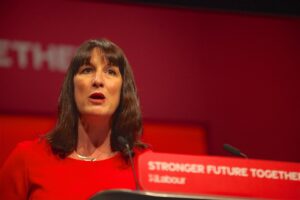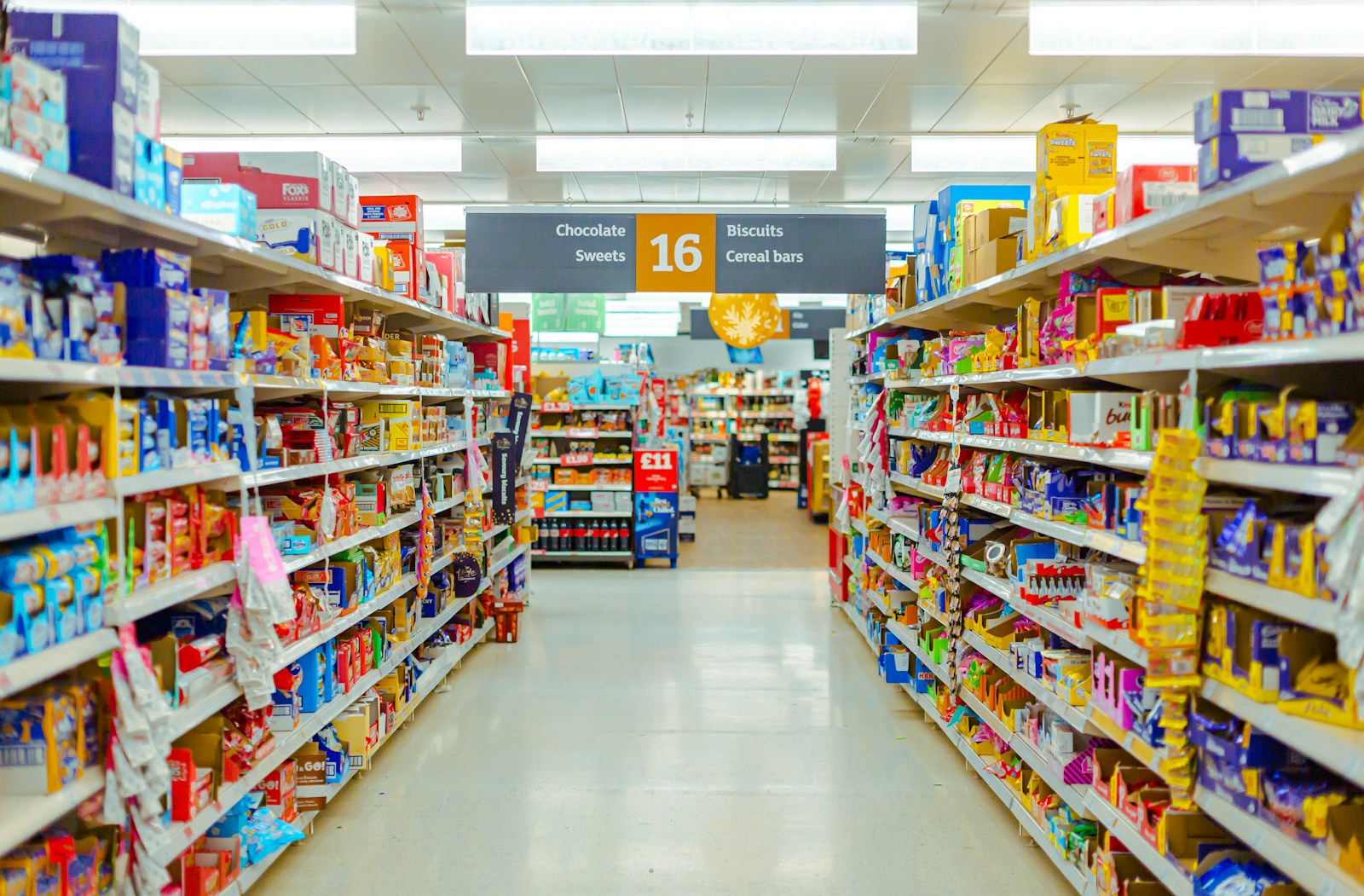The unexpected increase creates additional pressures for households – food and drink inflation rose to 4.5%, the highest recorded since February 2024.
New data from the Office for National Statistics (ONS) shows inflation increased last month to 3.6% – up from 3.4% in May. According to the figures, food and fuel prices are to blame.
While this news isn’t positive for anyone, households already struggling to make ends meet will be feeling the pinch. The latest figures show food and drink inflation increased to 4.5% which is the highest it’s been in over a year.
‘This morning’s [announcement] that inflation remains well above the 2% target is depply worrying for families,’ said Mel Stride, Labour’s shadow chancellor.
Foods that experienced the biggest price hike include meat, milk, eggs and cheese – all basic household essentials.
Richard Heys, acting chief economist at the ONS, said: ‘Inflation ticked up in June driven mainly by motor fuel prices, which fell only slightly, compared with a much larger decrease at this time last year. Food price inflation has increased for the third consecutive month to its highest annual rate since February of last year. However, it remains well below the peak seen in early 2023.’
The latest inflation figures come as the government faces intense scrutiny over economic management following two months of negative growth. Speculations have started growing about potential tax rises.
In similar vein, yesterday (15th July) chancellor Rachel Reeves delivered her Mansion House speech which outlined that Labour are working to cut the red tape to help reform the economy. The current ONS figures arguably suggest this plan is going to be far from easy.
Commenting on today’s news, the chancellor said: ‘I know working people are still struggling with the cost of living. That is why we have already taken action by increasing the national minimum wage for three million workers, rolling out free breakfast clubs in every primary school and extending the £3 bus fare cap.’
Photo by Jack Lee via UnSplash
In related news:
Only 20% of rural councils plan to build social homes, research shows
Rachel Reeves to boost homeownership by slashing the ‘financial red tape’

















Leave a Reply